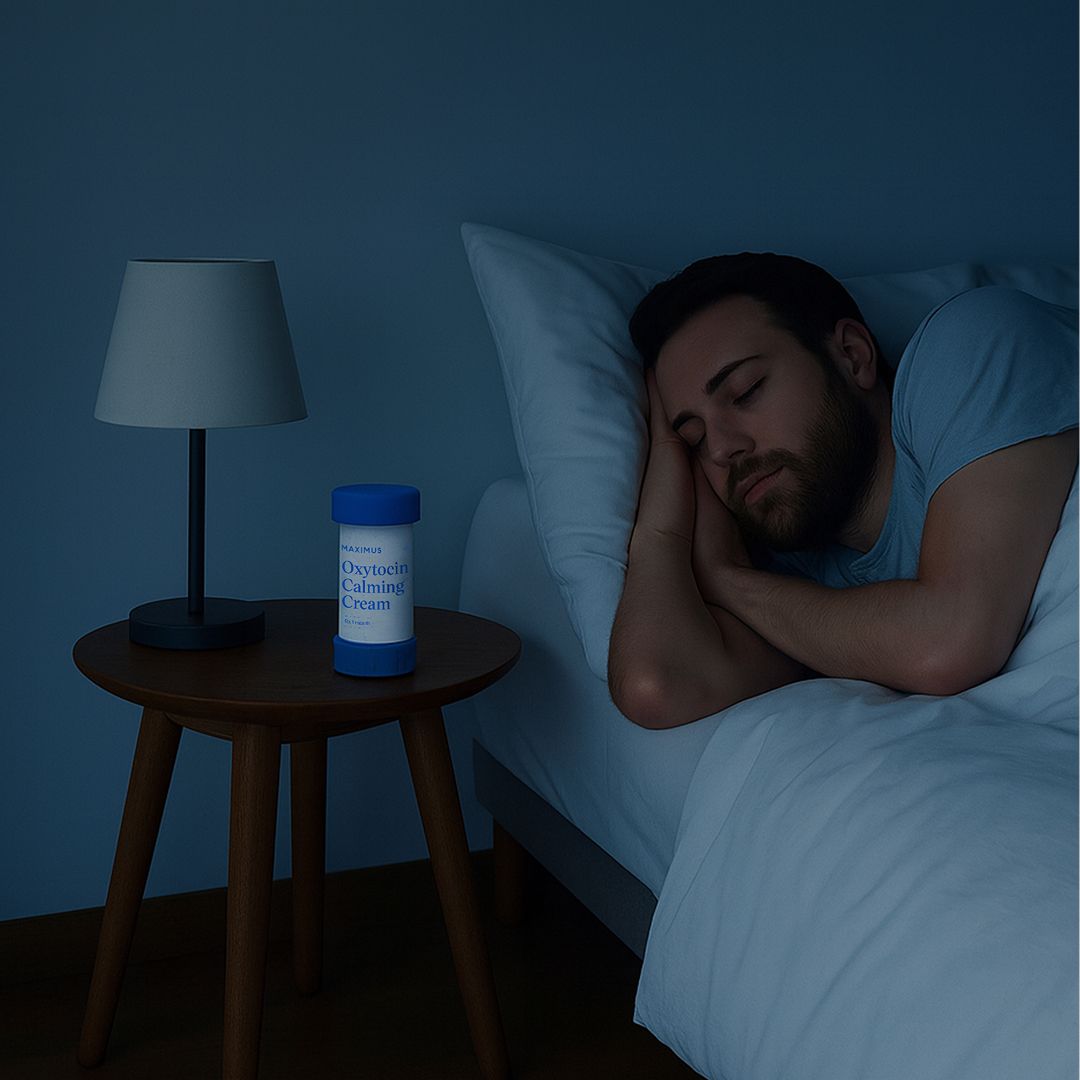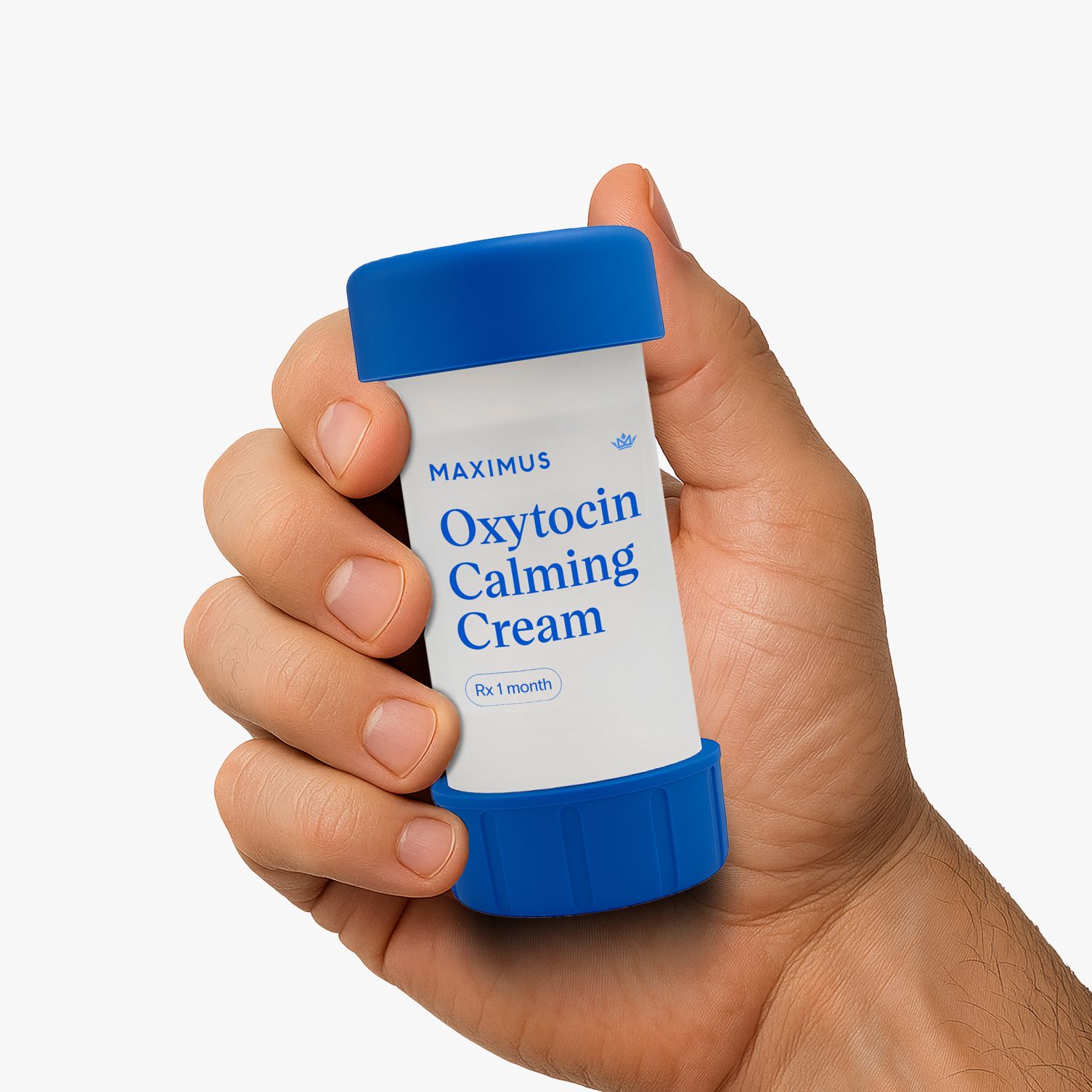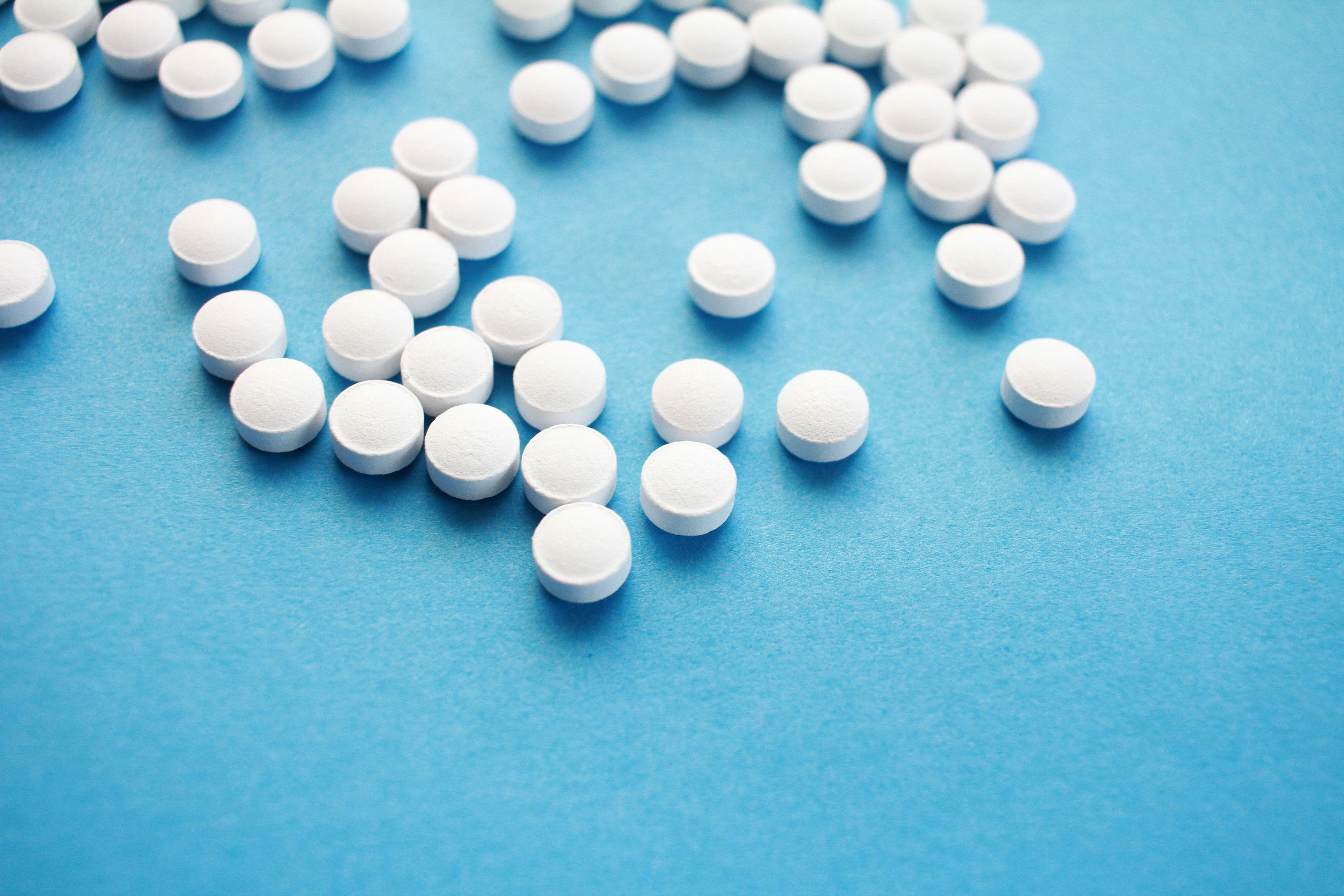Key takeaways:
- Testicular shrinkage, also known as testicular atrophy, is a common side effect of testosterone replacement therapy (TRT). Introducing exogenous testosterone may signal the body to cease its natural production of testosterone and sperm, leading to testicular shrinkage.
- Compared to injections and longer-acting forms of TRT, oral TRT may cause less severe testicular shrinkage, especially when combined with a drug that maintains LH and FSH production, like enclomiphene.
When it comes to testosterone therapy, any medication comes with potential side effects. Specifically with TRT, testicular shrinkage is one of the most commonly reported. Find out why this phenomenon happens, if all forms of TRT result in shrinkage, and what you can do to maintain your natural size.
What is testicular shrinkage?
Also known as testicular atrophy, testicular shrinkage occurs when the testicles decrease in size and don’t function as well. The shrinkage is isolated to the testicles, and doesn’t affect the scrotum. Men who are experiencing testicular shrinkage on TRT are also likely to have a lower sperm count and reduced fertility.
Why do testicles shrink on TRT?
Along with decreased sperm count, testicular shrinkage is a well-established side effect of TRT. When the body is presented with exogenous testosterone, it signals the body to stop making its own testosterone and sperm — essentially, the factory shuts down.
Specifically, TRT stops the production of a group of hormones called gonadotropins, including luteinizing hormone (LH) and follicle-stimulating hormone (FSH), which are crucial to testosterone and sperm production. Without LH, the Leydig cells in your testes will not receive the signal to make testosterone, and without FSH, the Sertoli cells, also in your testes, will not receive the signal to produce sperm.
How much do testicles shrink on TRT?
There is no definite answer on how much your testicles will shrink on TRT and it may depend on the type you use.
In a study comparing TRT injections to topical TRT in 121 men, the subjects experienced an overall decline in testicular volume over time. Starting with a baseline average testicular volume of 16.5 ml before treatment, testicular volume reduced to 13.7 ml at the two year point, and the researchers said atrophy became significant at 6 months. In 60 patients, the shrinkage persisted after 6 months and it was more common among men who had larger testicle size at baseline and also among those who were treated with TRT injections.
The amount that testicles shrink on TRT can vary from one man to another. Some experts purport that any man who takes exogenous testosterone will experience shrinkage, and that men can lose half their testicle size on average. And yet other research shows testicular atrophy completely depends on the dose that someone’s taking, and is more likely to occur with supraphysiologic doses, which means doses of testosterone that exceed the amount that’s normally in the body.
Does TRT shrink testicles when taken orally?
There is limited data on the extent of testicular shrinkage when someone takes oral TRT. However, three of the most popular brands of oral TRT, all list “testicular atrophy” on their black box warning label, along with reduced fertility. The black box warnings also state that the adverse effects are more likely to occur with large doses of synthetic testosterone and in those who abuse the drugs.
One hint that oral TRT may not impact testicular size to the same severity as injections and other longer-acting forms, is that oral TRT is short acting. Compared to long-acting testosterone, short-acting testosterone does not suppress LH and FSH production to the same extent.
Additionally, research results published in a Maximus whitepaper note that 100% of patients maintained normal LH and FSH levels following treatment on Maximus’ Oral TRT+ Protocol.
Do testicles grow back after shrinking on TRT?
Studies show that testicular size should return to normal after stopping the treatment.
But, again, it’s all variable. Though oral TRT may not shrink your testicles or hinder your sperm production as quickly or as severely as other forms, it’s still wise to keep alternative options in mind, especially if you hope to have children one day. Additionally, selective estrogen receptor modulators (SERMs) like enclomiphene and clomid have been used to restart or reactivate the hypothalamic-pituitary-gonadal (HPG) axis, which helps regulate reproductive functioning and hormone production.
How to increase testicle size on TRT
It may be possible to prevent testicular atrophy on TRT if you combine it with another testosterone-boosting drug like enclomiphene citrate.
Enclomiphene approaches testosterone therapy in a different way. Instead of replacing the hormone exogenously, like with TRT, it blocks estrogen receptors in the brain and tricks your body into making more of its own testosterone. In men, a form of estrogen called estradiol is produced as a byproduct of circulating testosterone. So when the body thinks there isn’t enough, it amps up production of the hormones LH and FSH, stimulating the testes to make more testosterone and sperm. This is achieved without shrinking the testicles or impacting infertility.
Combining these two drugs is one way to boost your testosterone and maintain testicular size and function.
Disclaimer: The contents of this article, including, but not limited to, text, graphics, images, and other information, is for information purposes only and does not constitute medical advice. The information contained herein is not a substitute for and should never be relied upon for professional medical advice. The content is not meant to be complete or exhaustive or to be applicable to any specific individual's medical condition. You should consult a licensed healthcare professional before starting any health protocol and seek the advice of your physician or other medical professional if you have questions or concerns about a medical condition. Always talk to your doctor about the risks and benefits of any treatment. Never disregard or delay seeking professional medical advice or treatment because of something you have read on this site. Maximus does not recommend, endorse, or make any representation about the efficacy, appropriateness, or suitability of any specific test, products, procedures, treatments, services, opinions, healthcare providers or other information contained herein. Maximus is not responsible for, nor will they bear any liability for, the content provided herein or any actions or outcomes resulting from or related to its use.





